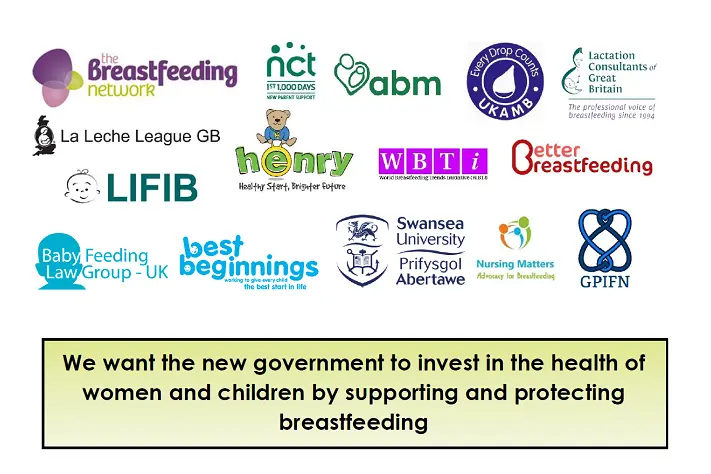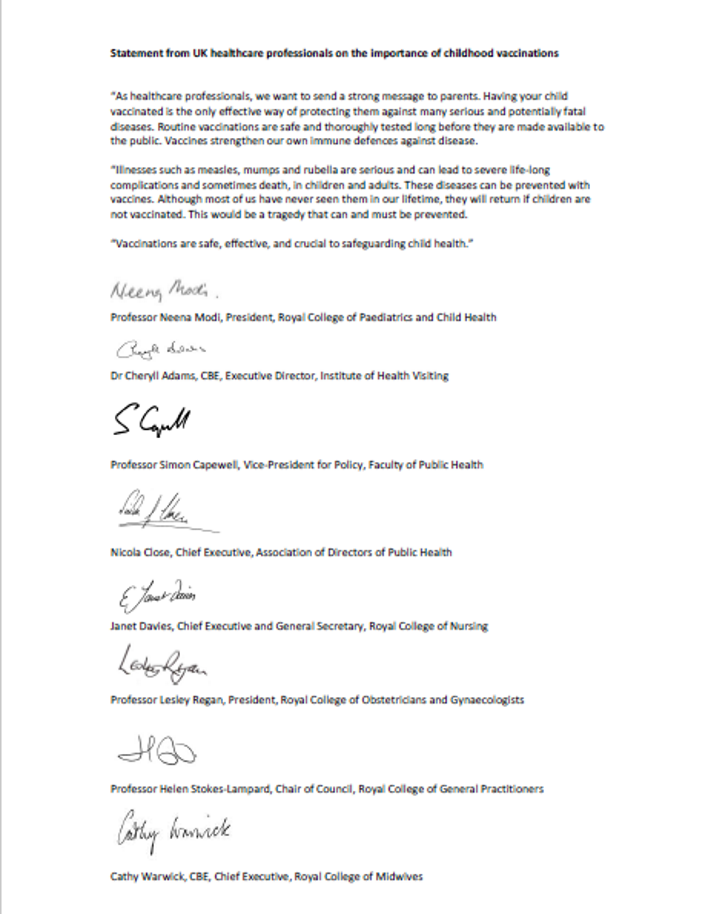Today, the Nursing and Midwifery Council (NMC) has published its Statement for Professions on Racism and Disorder which aims to help registrants in their decisions and actions if they are feeling at risk.
The Institute of Health Visiting joins with the NMC and other nursing organisations in condemning the disgraceful unrest, riots and violence witnessed across the country in the last few weeks. Everyone has the right to feel safe where they live and work. The violence and intimidation that is being levelled against those from black and minority ethnic backgrounds is unacceptable – this is impacting members of the health visiting workforce as well as the families that they work with. The NMC statement aims to help professional decision-making around their duty of care if they feel threatened:
NHS England and NHS Confederation also produced guidance in 2022 on combatting racial discrimination against ethnic minority nurses, midwives and nursing associates: see here.
As the guidance says:
‘Challenging racism requires sustained proactive action by our organisations, but each of us also has a duty and responsibility to proactively identify, challenge and oppose racism; and to look at ourselves and be willing to change any behaviours and unfounded beliefs that could damage our colleagues and people in our care. It is an expectation of the NMC Code, and a pre-requisite for effective practice.’
We encourage all staff to seek support and communicate any concerns with their employing organisations, following any local pathways or protocols for raising concerns.
There is also an NMC advice line: 020 7462 8850 or [email protected]





